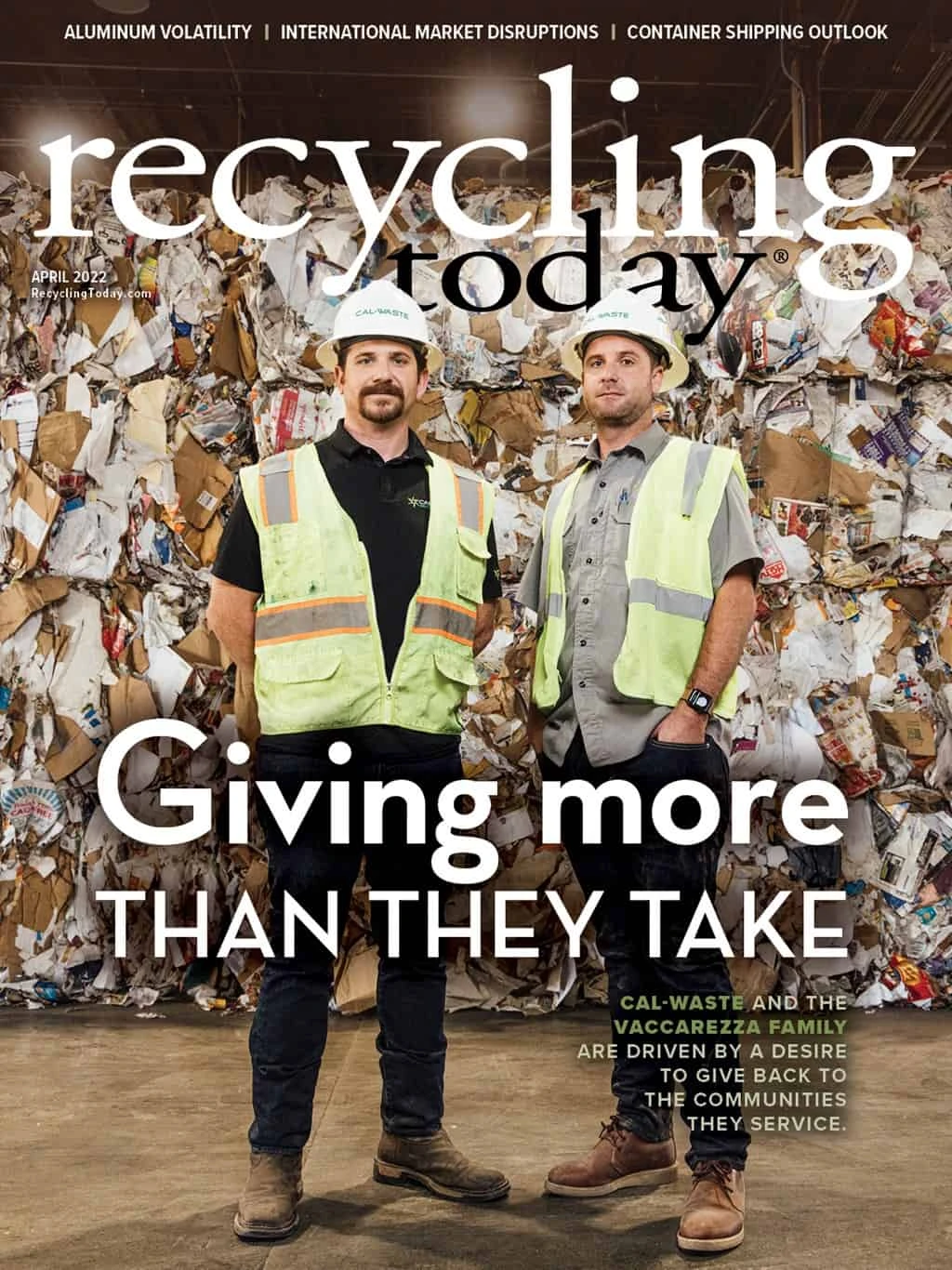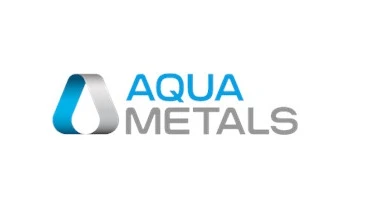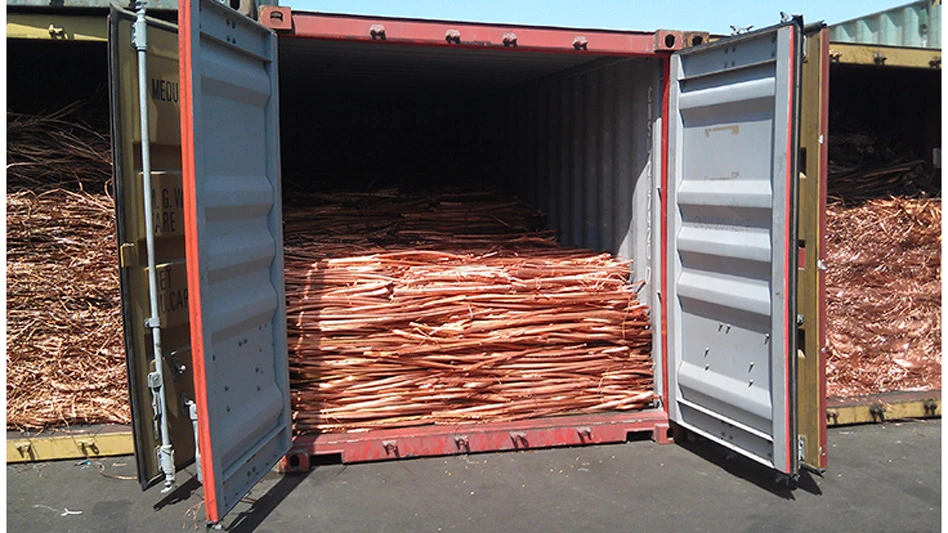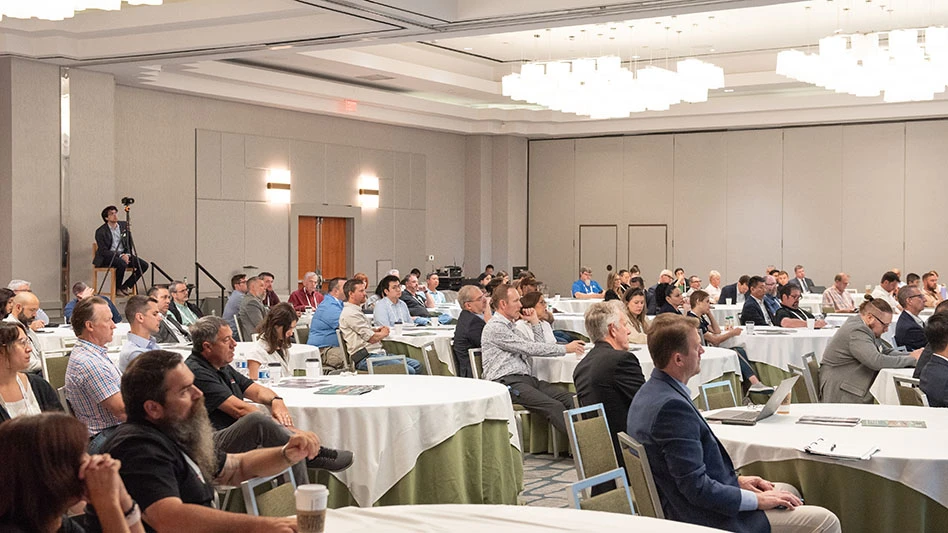As of late February, we were hearing the word “endemic” mentioned more often to describe the situation surrounding the coronavirus and its many mutations that lead to COVID-19. Large in-person industry events were returning, and many professionals were eager to resume in-person networking. Transportation, long lead times for equipment and hiring still presented challenges for the industry, but it felt as if normalcy was slowly returning. And then Russia invaded Ukraine.
How long the conflict, which began Feb. 24, might last is unclear. As of March 17, the fourth week of fighting was just beginning. The day before, Ukrainian President Volodymyr Zelenskyy made a plea to Congress for the West to provide more help against Russia, though fear of sparking a wider conflict has prevented the U.S., U.K. and other members of NATO from declaring a no-fly zone over the country.
While the United States imports little Russian oil compared with European nations, energy commodity markets are global. Average U.S. gas prices reached an all-time high of $4.33 per gallon March 11, according to AAA, increasing 80.3 cents per gallon from the previous month’s average.
European countries are feeling the effects more acutely, with restricted access to Russian natural gas and oil leading to production cutbacks at facilities that consume scrap materials.
“While these market fluctuations have real effects on businesses, they are relatively minor compared with the upheaval that Ukrainians are experiencing in their country. ”
Additionally, the invasion has led to sanctions on Russian banks and corporations, leaving buyers and sellers of aluminum, stainless steel and other metals and raw materials working to keep their trade channels open, while the Ukrainian Chamber of Commerce issued force majeure, which suspended the enforcement of contracts as of Feb. 24. Many metals producers in the country also suspended production shortly after the invasion because of workforce safety concerns.
Aluminum and copper markets responded to the events by reaching record highs during London Metal Exchange (LME) trading March 8, while nickel trading was suspended from March 8-15 in part because of the “unprecedented overnight increases in the three-month nickel price,” according to a notice from LME CEO Matthew Chamberlain.
How long the market volatility and uncertainty will continue remains unknown. While these market fluctuations have real effects on businesses, they are relatively minor compared with the upheaval that Ukrainians are experiencing in their country.

Explore the April 2022 Issue
Check out more from this issue and find your next story to read.
Latest from Recycling Today
- APR, RecyClass release partnership progress report
- Clearpoint Recycling, Enviroo sign PET supply contract
- Invista expanding ISCC Plus certification program
- Redwood partnership targets recycling of medium-format batteries
- Enfinite forms Hazardous & Specialty Waste Management Council
- Combined DRS, EPR legislation introduced in Rhode Island
- Eureka Recycling starts up newly upgraded MRF
- Reconomy Close the Gap campaign highlights need for circularity





